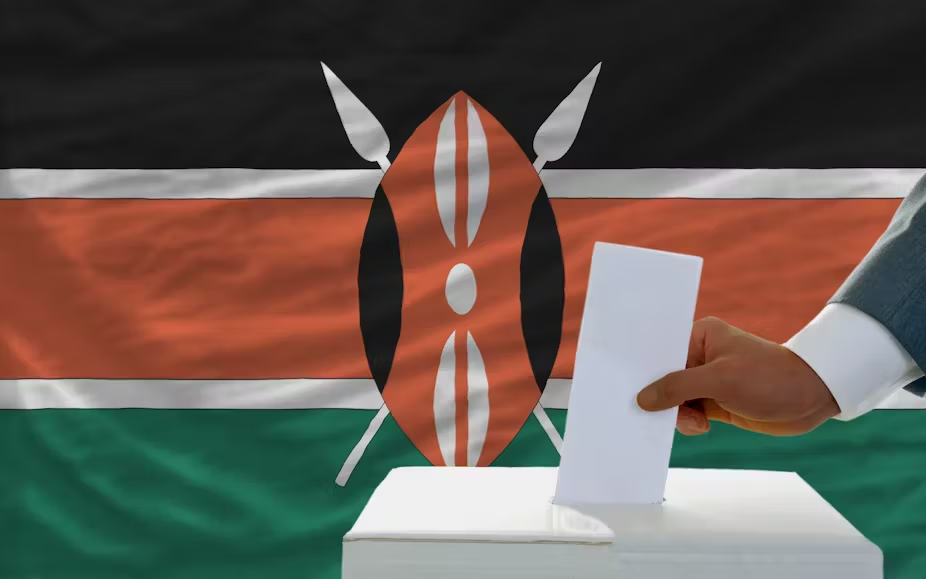
The Independent Electoral and Boundaries commission is conducting mass continuous voter registration across the country except the areas with the By-election currently. But the big question is cost of these activities compared to the expected outcomes in our economy where the education sector is undergoing various challenges with frequent lecturers’ strike as their union UASU claim they are neglected by the government.
Huge amount of IEBC budget is spent on mass voter registration but the question is, can we solve this by implementing various methods that can be cost effective such as using national Identification register that has been tested by our neighbors in East Africa such as Rwanda?
The system has perfectly worked for them making it among the countries with the cheapest electoral expenses. Kenya spends billions of shillings in their elections from 24.3 billion in 2013 elections and 53.5 billion, 42.6 billion in 2017and 2022 respectively according to IEBC and the national treasury data.
Despite the scenario, the registration and electoral process is still riddled with challenges and irregularities. This brings up an important question on whether it is time for Kenya to reconsider the immense cost of conducting democratic activities especially when they come at the expense of essential services such as Health and Education?
It is certain that the cost of conducting voter registration and elections in Kenya is unsustainable and needs to be re-evaluated. Fair, transparent and credible election process is fundamental to democracy, but we must also find ways to reduce its financial strains to the taxpayers and channel the money in the basic sectors of the economy. Cost-efficient methods must be implemented and adopted while still maintaining high integrity of the process.
The challenge that we have as a country is finding the balance between the cost of democracy and its expense at the pocket of very people it is meant to serve. Citizens must feel that their votes matter, but they also need to see tangible improvements in their lives beyond just the electoral process and continuous voter’s registration. What’s the point of having an election at an interval of five years if the basic needs of the people are ignored in between?
To ensure that every sector of our economy work the country must shift focus on basic need of every citizen is met and not overspending on electoral process. A democratic country that works for everyone is not only in holding elections but also delivering on promises that is uplifting people’s lives and coming up with opportunities for young Kenyans that can increase our country G.D.P. and create employment.
We must start asking tough questions regarding the cost of our electoral process such as voters’ registration. How much is too much to spend on an election? Can we find ways to reduce costs without compromising on fairness or credibility? We must ensure that money saved is redirected into improving the essential services that make life better for everyday Kenyans instead of spending millions and billions in activities that are less important and have cheaper alternatives?